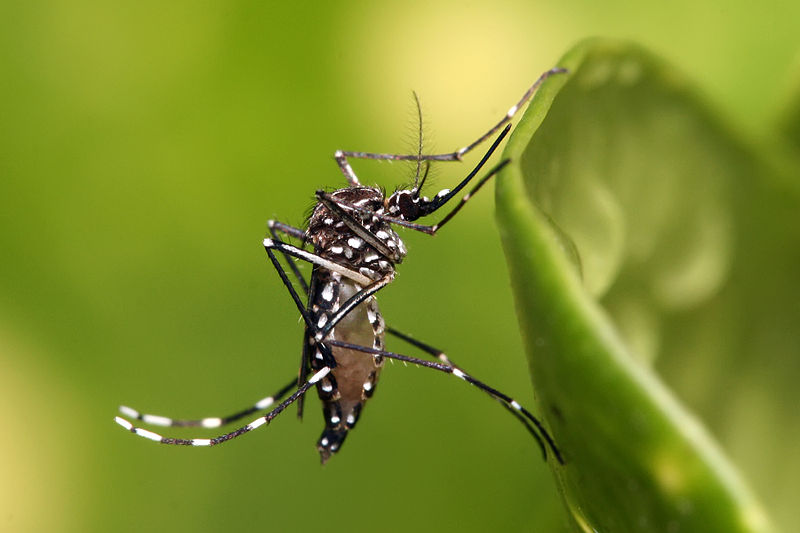Carica papaya L ..... a solution to Aedes aegypti carrier of Flaviviridae family virus

C. papaya leaves extracts against Dengue fever. The secondary metabolite of plants origin makes up a vast repository of compounds with a wide range of biological activities. There have been many reports of higher plant extracts possessing relatively good potential to inhibit viruses (Van Den Berghe, 1978). Many plants extracts including Spilanthes calva, Sterculia guttata, Balanites aegyptiaca, Vitex negundo, Solanum xanthocarpum, Artemisia annua, Fagonia indica, Nerium indicum, Trigonella foenum, in different solvents have been reported to exhibit activity against Aedes aegypti L., a vector of dengue fever.
C. papaya contains two important biologically active compounds vis: chymopapain and papain which are widely used for digestive disorders. It showed that papaya-derived papain, caricain, chymopapain, and glycine endopeptidase can improve acidic pH conditions and pepsin degradation. Other active compounds of C. papaya are lipase, or CPL, a hydrolase, which is tightly bonded to the water-insoluble fraction of crude papain and is thus considered as a “naturally immobilized” biocatalyst. According to the folk medicine, papaya latex can cure dyspepsia and also applicable for external burns and scalds. Seeds and fruits are excellent antihelminthic and anti-amoebic. Dried and pulverized leaves are sold for making tea, also the leaf decoction is administered as a purgative for horses and used for the treatment of genito-urinary system. Unripe and semi- ripe papaya fruits are ingested or applied on the uterus to cause abortion. However, the consumption of unripe and semi-ripe papaya fruits could be unsafe during pregnancy, but consumption of ripe fruits during pregnancy causes no risk.
It is reported that the plant extracts of Quercus lusitanica have maximum activity against DENV-2 Replication of Dengue virus. It is also reported that the methyle gallate of plant origin interacts with herpes simplex virus proteins and alters the adsorption and penetration of the virion. It is observed that Gastrodia elata B1 has effect on the multiplication cycle of Dengue virus serotype 2. It is reported that two compounds 1-beta-D-ribofuranosyl-3-ethynyl-[1,2,4]triazole (ETAR) and 1-beta-Dribofuranosyl-4-ethynyl[1,3]imidazole (IM18), significantly reduced replication of dengue virus serotype 2 (DENV-2) in cultured Vero cells and a noval trypsin Kazal-type inhibitor from Aedes aegyptihas thrombin coagulant inhibitory activity.
The latex, ripe fruits, unripe fruits, seeds, seeds juice, root, leaves, flower and stem bark of C. papaya are used as antimicrobial, anthelmentic, antimalarial, antifungal, anti-amoebic, hepatoprotective, male and female antifertility, immunomodulatory and against histminergic. This case report shows the activity of C. papaya leaves extracts against Dengue fever.

No comments:
Post a Comment